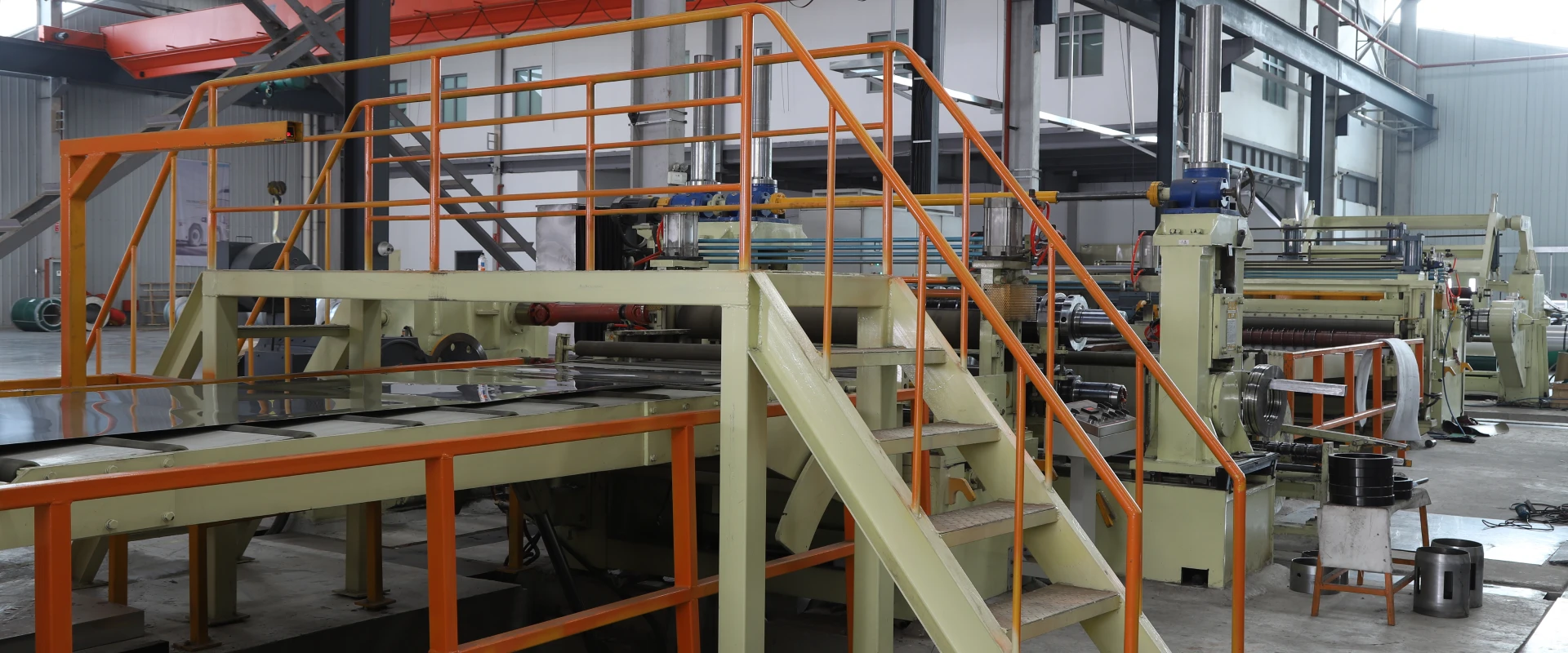
Discover how titanium alloy I-beams enhance vibration damping and noise reduction in heavy-duty CNC machine beds. Learn structural optimization techniques for improved precision and durability.
Explore advanced welding processes for titanium-steel composite channel beams in bridge expansion joints. Learn how to mitigate metallurgical challenges, optimize filler materials, and enhance joint durability.
Learn about hydrogen embrittlement prevention processes for titanium alloy angle steel in hydrogen fuel cell stack frames. Practical guide with real cases & process optimization tips.
Learn about 3D printing porosity design of low-modulus titanium alloy I-beams in bionic bone scaffolds. Practical guide with biocompatibility analysis & real application cases.
Explore precision machining accuracy control of titanium alloy channels in medical CT scanner frames. Learn material advantages, key techniques & quality assurance.
Explore vibration fatigue analysis of TC11 titanium alloy angle steel in aero-engine drive shaft brackets. Learn material traits, test methods & structural reliability.
Learn about anti-salt spray coating selection for titanium alloy I-beams in offshore platform helicopter decks—key coating types, salt spray test data, adhesion performance, and real offshore application cases.
Learn about the connection process of titanium alloy channel steel and carbon fiber composite frames in spacecraft—key methods (mechanical, adhesive, hybrid), thermal stress control, reliability tests, and aerospace application cases.
Learn about cryogenic toughness testing of Ti-5Al-2.5Sn angle steel for cryogenic tank supports—impact strength data, fracture resistance at -196°C, real LNG tank cases, and material performance insights.
Learn about deflection control calculation for high-strength titanium alloy (Ti-6Al-4V) I-beams in long-span pedestrian bridges—key formulas, load considerations, section optimization, real project cases, and compliance with safety standards.
Discover sand and wind erosion resistance treatments for titanium alloy channel steel in solar tracking brackets—coating, structural optimization, surface hardening. Learn real desert PV project results, wear reduction, and lifespan extension.
Learn about the electropolishing process for commercially pure titanium angle steel in food processing equipment frames, key parameters, and compliance with food safety standards (FDA, 3-A) to ensure corrosion resistance and hygiene.
Discover how β-titanium alloy I-beams optimize vibration damping in high-speed train bogies. Learn material advantages, structural tweaks, test results, and real-world benefits for passenger comfort and component longevity.
Explore the hydrochloric acid corrosion resistance test of titanium alloy channel steel for chemical reactor support frames. Learn test methods, results across acid concentrations, and why it outperforms traditional materials in harsh chemical environments.
Learn about high-temperature fatigue life evaluation of Ti-6Al-4V angle steel for aero-engine bay brackets. Explore test methods, key influencing factors, and how it ensures aviation safety and reliability.
Discover the significance, methods, and results of biocompatibility testing for medical titanium alloy I - beams in orthopedic surgery navigation stents. Learn how these tests ensure patient safety and implant success.
Discover the hot isostatic pressing forming process of titanium alloy channel steel in deep-sea detector pressure-resistant frames, ensuring strength under extreme ocean pressure.
Explore the welding strength and lightweight balance of TC4 titanium alloy angle steel in drone landing gear, ensuring durability and flight efficiency.
Discover how titanium alloy fittings endure pressure fatigue in aircraft hydraulic systems. Learn about testing methods, results, and their significance for aviation safety.
Explore the additive manufacturing breakthrough in Ti-6Al-4V powder bed fusion—how laser energy density optimization achieves 99.95% density,revolutionizing precision parts.
Explore new advances in hydroxyapatite coatings on medical titanium alloys. Learn how micro-arc oxidation + electrophoretic deposition increases bone-bonding strength by 2.8 times.
Discover how 150kV accelerating voltage controls aspect ratio in titanium alloy electron beam welding, achieving 50:1 deep penetration welds. Learn its role in aerospace and manufacturing.
Explore the groundbreaking β heat treatment of Ti-6Al-4V titanium alloy. Learn how refining grain size from 50μm to 12μm enhances fatigue strength by 35%, its applications, and future prospects.
Discover how titanium alloy, with its unique biocompatibility and osseointegration ability, serves as "new bone" in human bodies. Explore 3D-printed implants, surface coatings, and real-world medical applications.
Products
Phone